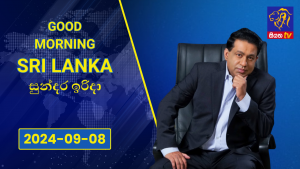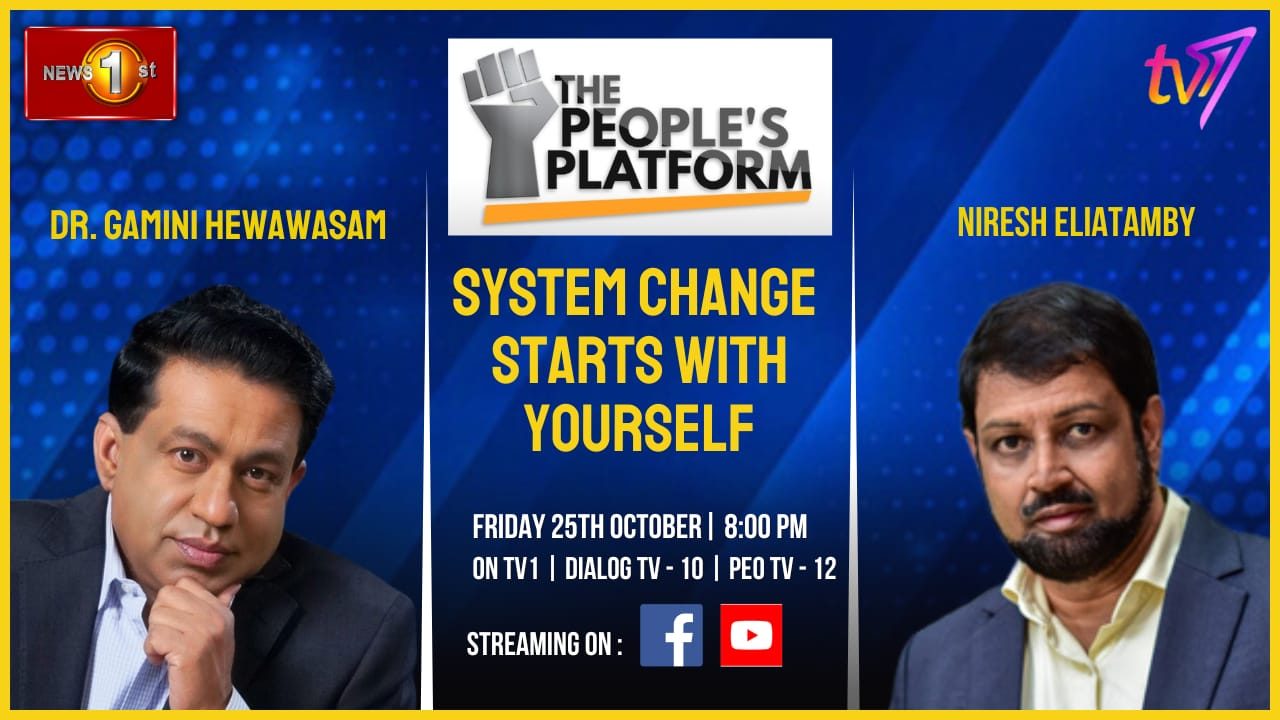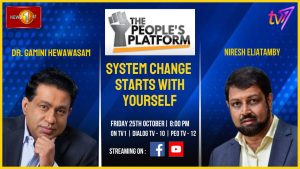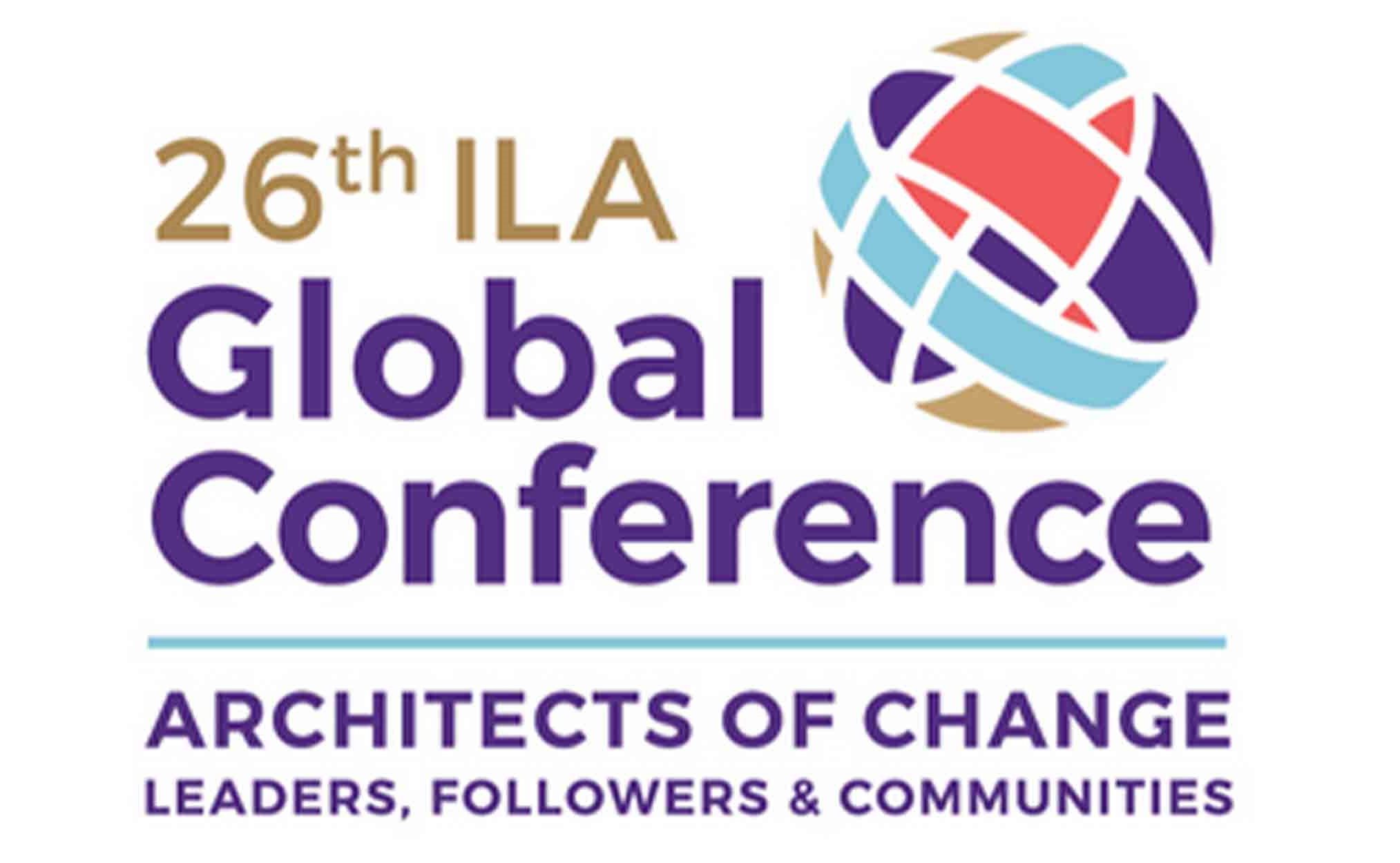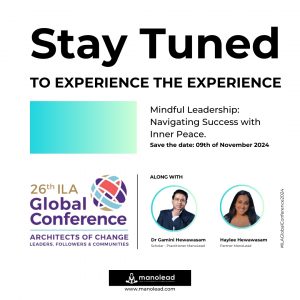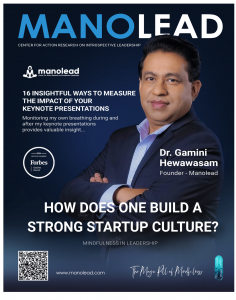Leading In An Unstable World

Leading In An Unstable World: How To See Clearly When Everything Shifts
By Dr. Gamini Hewawasam | ManoLead Global
If you’re leading in 2025, you’re steering through the most unpredictable business climate in decades. Trade alliances are being redrawn. Geopolitical tensions can ripple through supply chains overnight. AI and new technologies are disrupting industries at record speed. A single election, policy shift or viral headline can change investor sentiment before your morning coffee is cold.
For leaders, this means the challenge isn’t just to move fast; it’s to see clearly in the middle of rapid change. The most valuable leadership asset in 2025 is perceptual intelligence.
An Overlooked Leadership Edge
Most executives respond to volatility by doubling down on more: more data, more speed, more meetings. But there’s one advantage that remains underdeveloped, and it’s becoming mission-critical: how you perceive reality in the moment of making a decision.
We think of perception as passive, something that just “happens.” Neuroscience says otherwise. What you see, feel and act on is shaped by your mind’s interpretation, not pure fact. In a high-stakes, fast-moving world, that difference can be worth millions. This is the critical blind spot: what you see is often less important than how you see.
In today’s C-suite, focus doesn’t mean ignoring distractions or zeroing in on a key performance indicator (KPI). It means becoming conscious of the mental process you use to interpret events, especially when the stakes are high.
I call this skill Perceptual Intelligence. It’s rooted in modern neuroscience and sharpened through the ancient discipline of Anapanasati, mindfulness of breathing. No incense required: just practical, cognitive mastery for the boardroom.
Click here to view the full Forbes Expert Panel article.



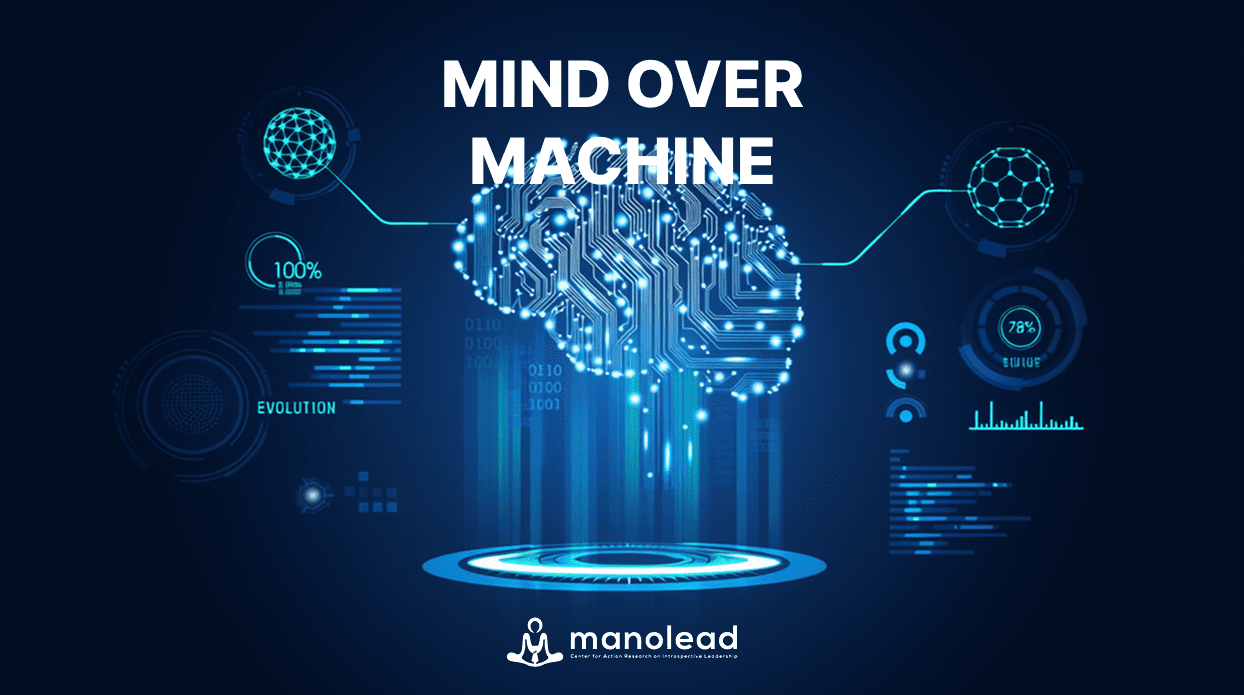
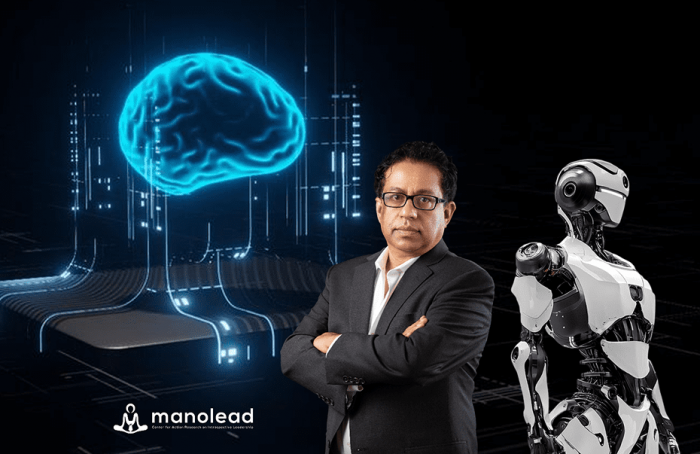
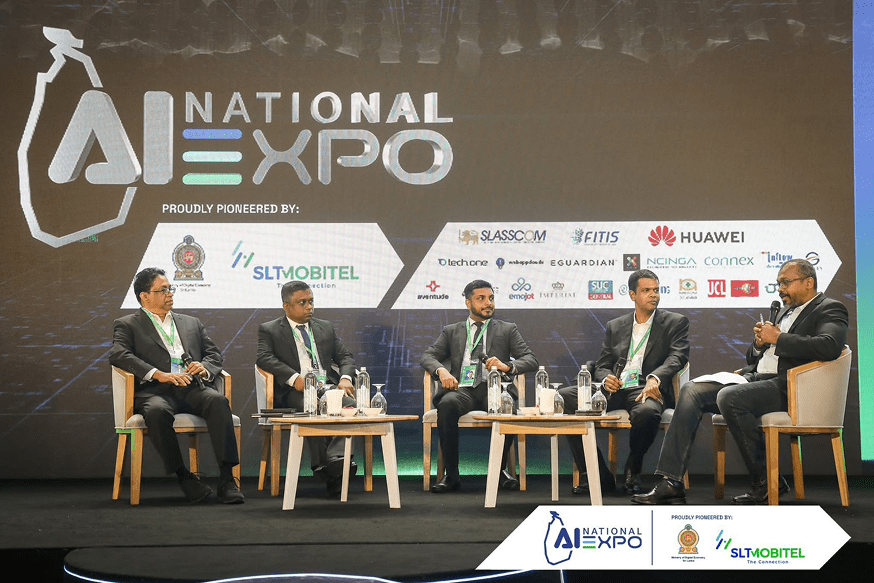
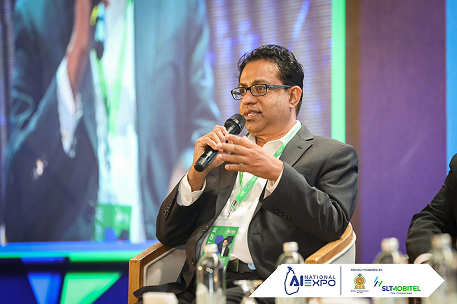
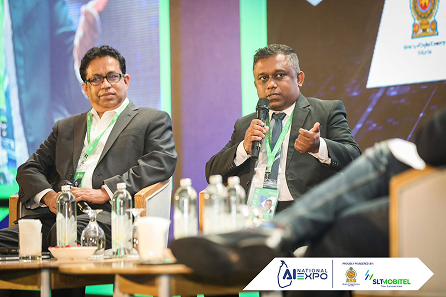
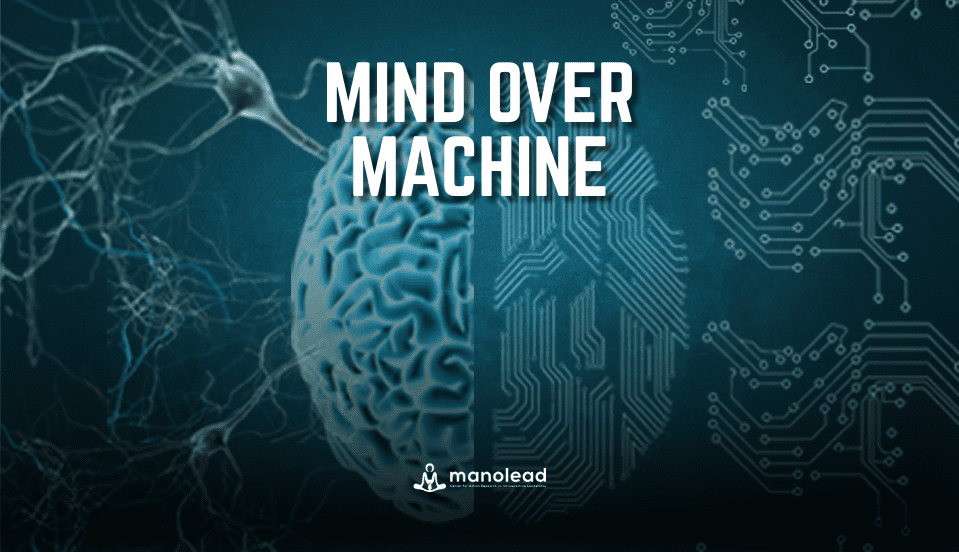
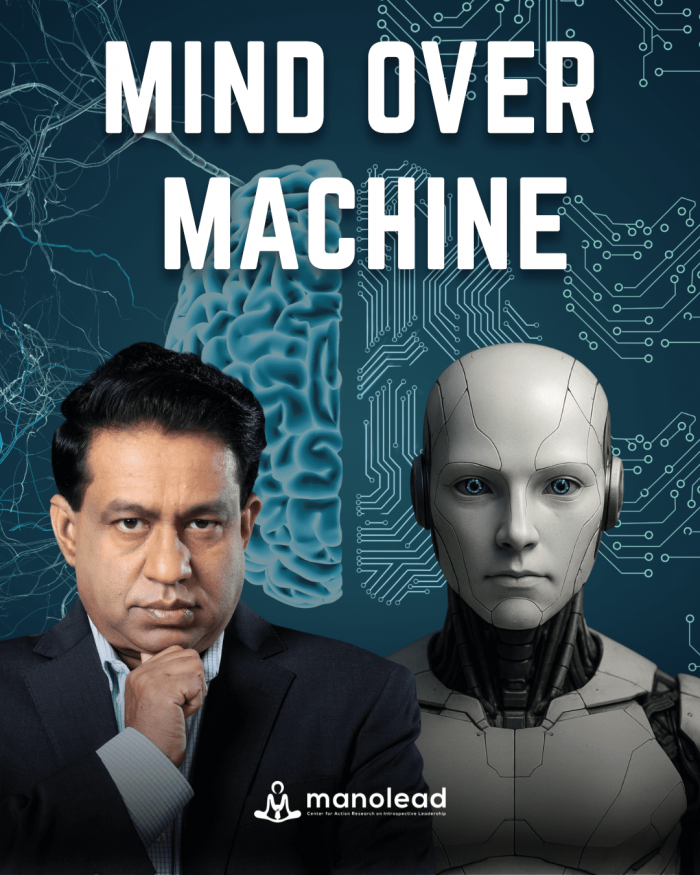
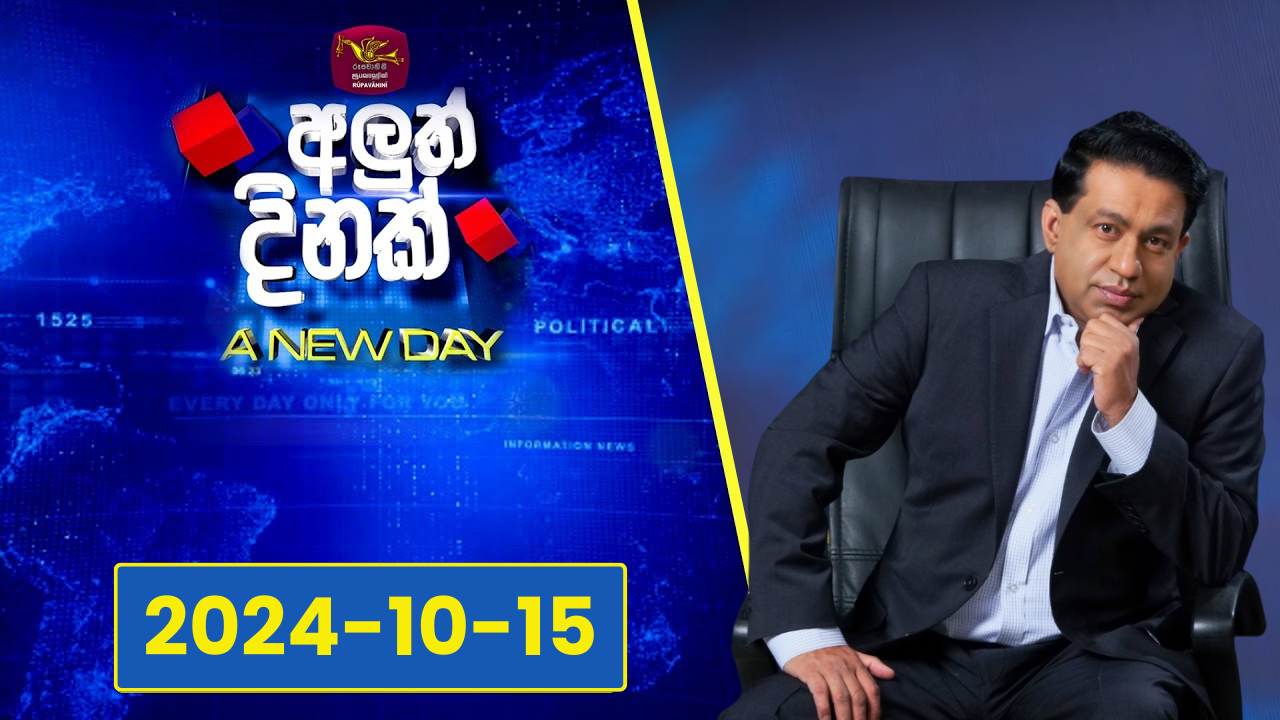
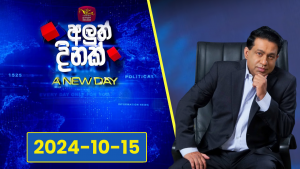


![Thumbnail Siyatha[1]](https://manolead.com/wp-content/uploads/2024/11/Thumbnail-Siyatha1-1280x720.png)
